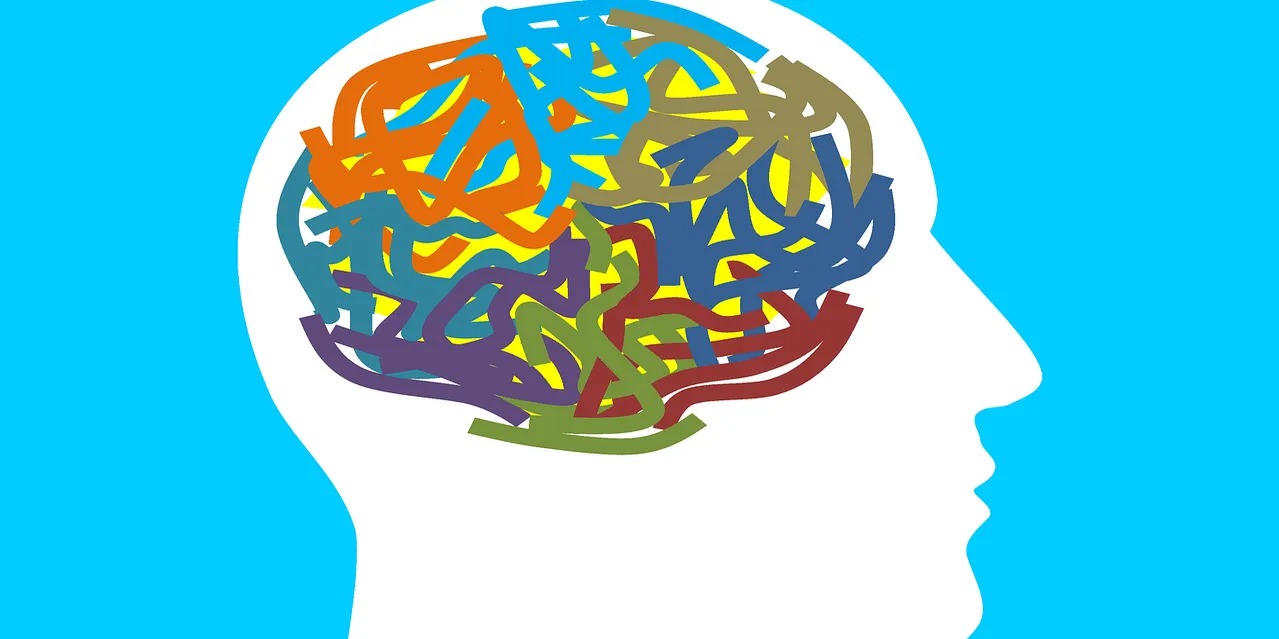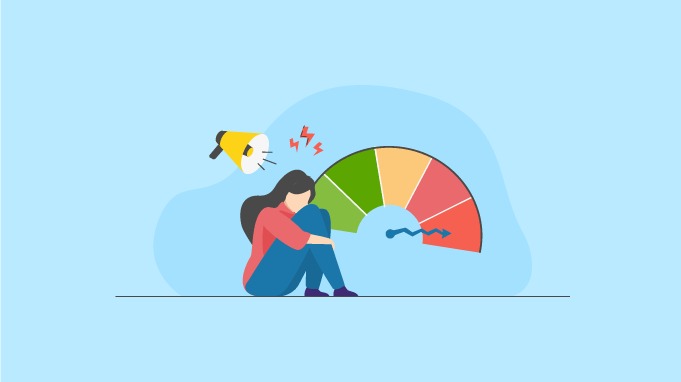The Science of Psychological Stress
By Ashmal Shah
18 July 2023
Stress is a normal part of life. We all experience it from time to time. However, when stress becomes chronic, it can have a negative impact on our physical and mental health.

What is Psychological Stress?

Psychological stress is a state of mental or emotional tension that arises from adverse or demanding circumstances. It can be caused by a variety of factors, such as work, relationships, finances, or health problems.
How Does Psychological Stress Work?
When we experience stress, our bodies release hormones such as cortisol and adrenaline. These hormones prepare us to either fight or flee the stressful situation. In the short-term, this is a helpful response. However, if stress becomes chronic, these hormones can stay elevated, which can lead to a variety of health problems.
Physical Effects of Psychological Stress

The physical effects of psychological stress can include:
- Headaches
- Chest pain
- High blood pressure
- Stomachache
- Muscle tension
- Sleep problems
- Fatigue
Mental Effects of Psychological Stress

The mental effects of psychological stress can include:
- Anxiety
- Depression
- Irritability
- Difficulty concentrating
- Memory problems
- Thoughts of self-harm
How to Manage Psychological Stress

There are a number of things you can do to manage psychological stress, such as:
- Identify your stressors: The first step to managing stress is to identify what is causing it. Once you know what your stressors are, you can start to develop strategies for coping with them.
- Practice relaxation techniques: Relaxation techniques such as deep breathing, meditation, and yoga can help to reduce stress levels.
- Get enough sleep: When you're well-rested, you're better able to cope with stress. Aim for 7-8 hours of sleep each night.
- Eat a healthy diet: Eating a healthy diet can help to improve your overall mood and energy levels, which can make it easier to cope with stress.
- Exercise regularly: Exercise is a great way to reduce stress levels and improve your overall health. Aim for at least 30 minutes of moderate-intensity exercise most days of the week.
- Spend time with loved ones: Social support can help to buffer the effects of stress. Make time for the people who matter to you.
- Seek professional help: If you're struggling to cope with stress, don't hesitate to seek professional help. A therapist can teach you coping skills and help you to develop a stress management plan.
Conclusion
Psychological stress is a normal part of life, but it can have a negative impact on our physical and mental health if it becomes chronic. There are a number of things you can do to manage stress, such as identifying your stressors, practicing relaxation techniques, getting enough sleep, eating a healthy diet, exercising regularly, spending time with loved ones, and seeking professional help.
You Might Also Want To Read This
Popular Posts







